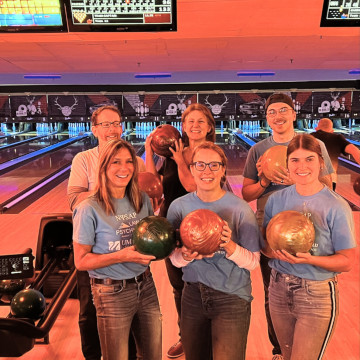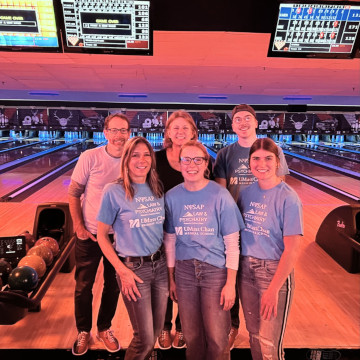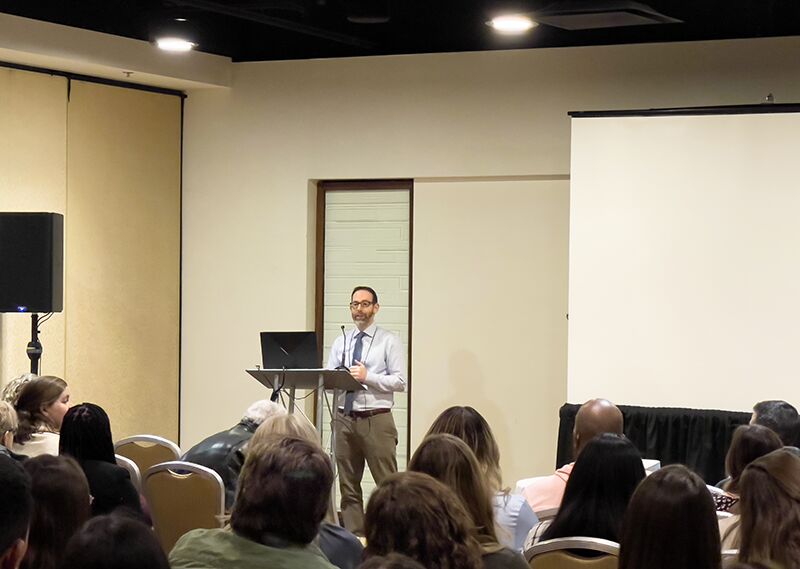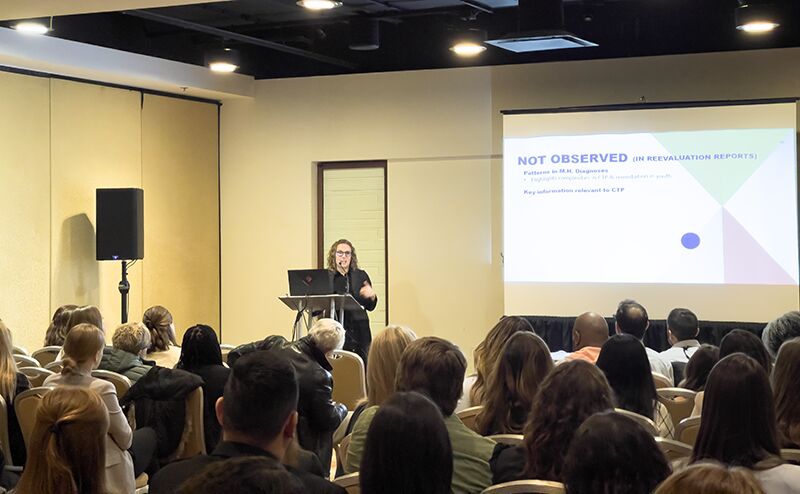

States are diverse in how they define competency to stand trial in juvenile courts, but across most jurisdictions there has been increased sensitivity to the role developmental immaturity can play in limiting the capacities of youths to understand the nature of the proceedings they face and to assist in their defense. Drs. Riggs Romaine and Kruh reviewed relevant concepts in normal adolescent cognitive and psychosocial development, as well as the impacts of development on childhood psychopathology. They discussed how these factors can impact four key functional components of competency, and reviewed the scientific literature on development and competency. They offered guidance on important elements of a developmentally sensitive competency evaluation, reviewed differences between the juvenile competency standards across the attending states (Delaware, New Jersey, New York and Pennsylvania), and explained research on how different standards seem to impact court decision making. They discussed red flags that defense attorneys should be attuned to when considering which youth to refer for a competency evaluation and they ended the training with an overview of current practices in juvenile competency remediation programs nationally.


Over the last 10 years, juvenile justice systems have shifted towards a desire for use of developmentally appropriate supervision practices, such as Positive Youth Development (PYD). The “Optimizing Supervision and Service Strategies to Reduce Reoffending” Study funded by the National Institute of Justice seeks to determine how to effectively implement PYD into community supervision and case planning. This project was designed to answer multiple practical questions to advance juvenile probation practices: For example, “What strengths-based services will result in the largest gains for youth and largest reductions in recidivism?” “How can the PYD approach be implemented with the Risk-Need-Responsivity approach in case planning to maximize reductions in recidivism?” This presentation will describe the protective factors and strengths-based services thought to be most influential in reducing recidivism based on youths’ developmental stage and hypotheses about how these may be used in case planning.
See videoCitizens for Juvenile Justice's mission is advocating for statewide systemic reform that achieves equitable youth justice. Citizens for Juvenile Justice (CfJJ) was founded in 1994 as the only independent, non-profit, statewide organization working exclusively to reform and reimagine the juvenile justice and other youth serving systems in Massachusetts. We advocate, convene through community engagement, conduct research, and educate the public on important juvenile and youth justice issues.
Risk-Need-Responsivity (RNR) is an evidence-based approach that can reduce recidivism while also conserving costs and maximizing positive outcomes for youth, such as increasing diversion and reducing placements. Achieving and sustaining these outcomes requires an enabling jurisdiction, effective implementation strategies, and essential quality improvement procedures. This presentation discussed how to leverage risk/needs assessment instruments to implement RNR and facilitators and barriers to making RNR routine practice. Additionally, it covered practical steps for improving the implementation of risk/needs assessment and RNR in the juvenile system; including the optimal decision points for implementing risk/needs assessment, using assessments in disposition recommendations, case planning, and coaching.
Gina Vincent presented Racist Algorithms or Systemic Problems? Risk Assessments and Race for a MHS 90-minute webinar on March 24, 2021.
As recent and historical events attest; racial and ethnic disparities are widely engrained into the justice system. Recently, scholars and policymakers have raised concerns that risk assessment instruments may exacerbate these disparities. While it is critical that risk instruments be scrutinized for racial bias, some concerns, though well-meaning, have gone beyond the evidence. This article explains what it means for an instrument to be ‘biased’ and why instruments should not all be painted with the same brush (some will be more susceptible to bias than others). If some groups get apprehended more, those groups will score higher on non-biased, well-validated instruments derived to maximize prediction of recidivism because of mathematics. Thus, risk instruments shine a light on long-standing systemic problems of racial disparities. This presentation will conclude with suggestions for research and for minimizing disparities by suggesting that systems use appropriately validated risk assessment instruments to avoid unnecessary incarceration while also allowing for structured discretion.
The National Council of Juvenile and Family Court Judges is the oldest judicial membership organization in the country and provides all judges, courts, and related agencies involved with juvenile, family, and domestic violence cases with the knowledge and skills to improve the lives of the families and children who seek justice.